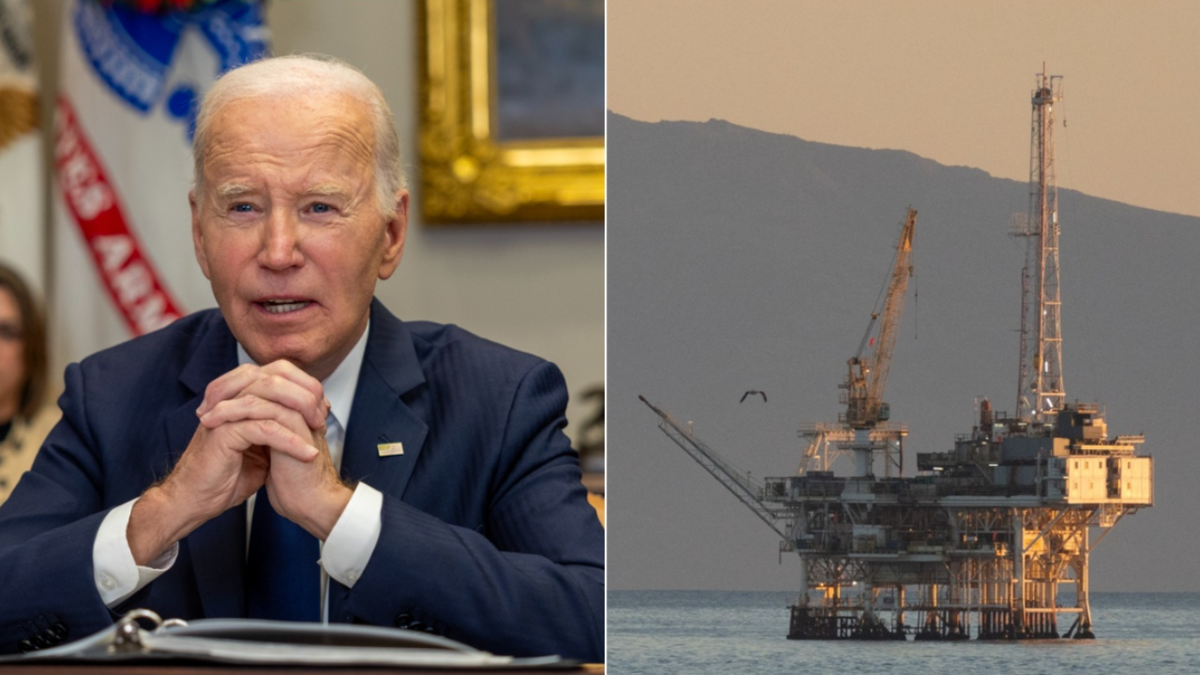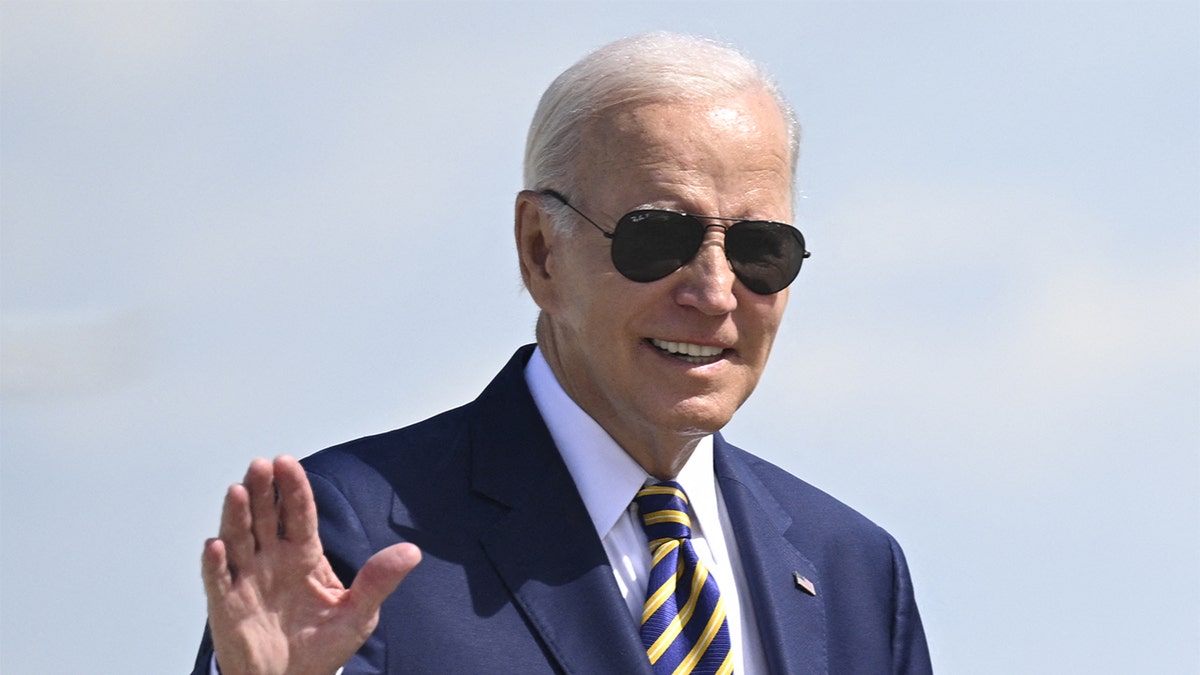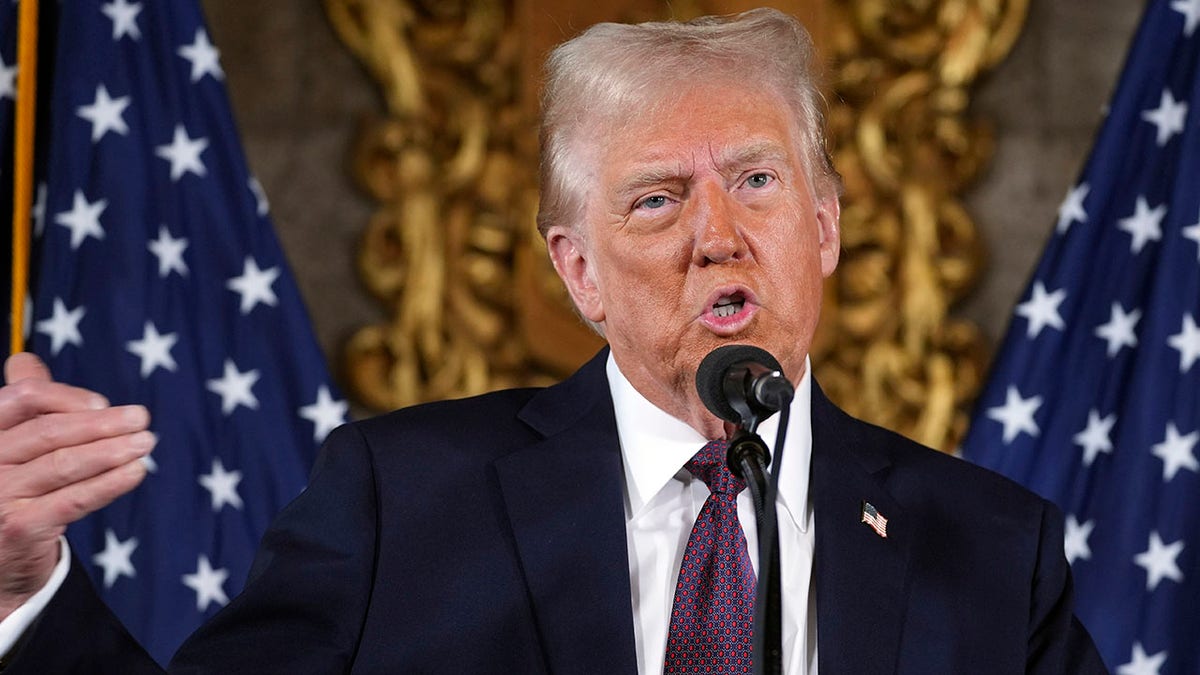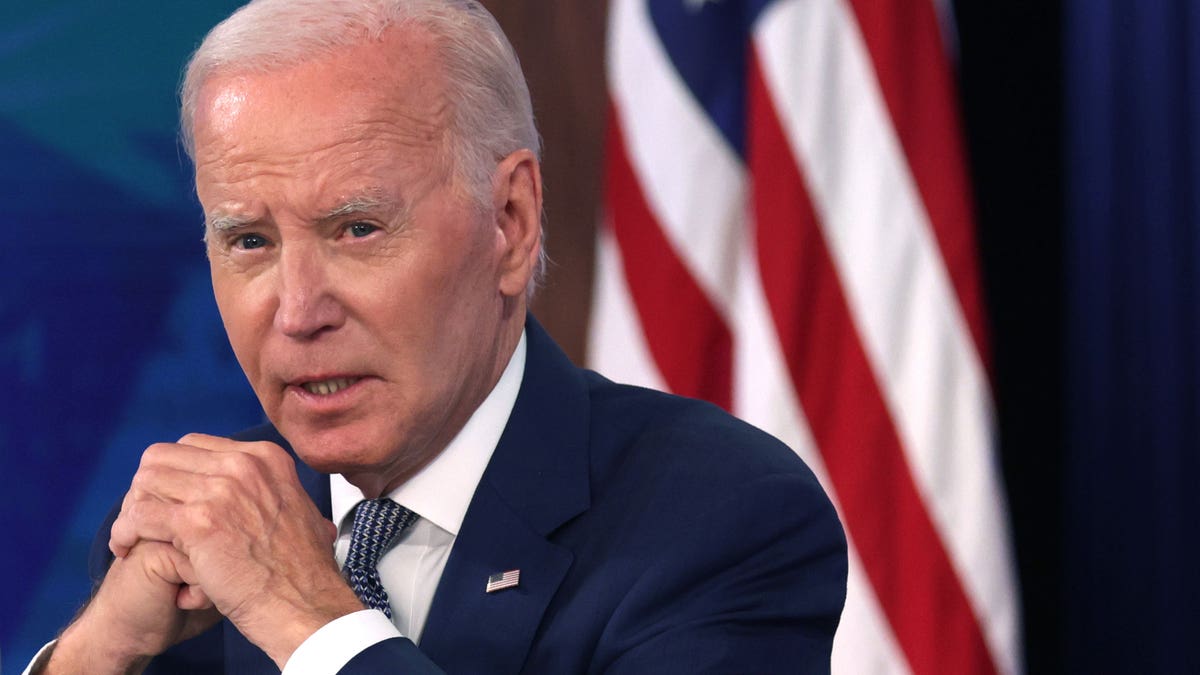President Biden's recent executive order, prohibiting new oil and gas drilling across a vast expanse of U.S. coastal waters, has sparked debate. While presented as an environmental protection measure, some experts argue that it could ultimately have the opposite effect, harming both conservation efforts and America's energy independence.
The ban, impacting over 625 million acres, has raised concerns about the future of the Land & Water Conservation Fund (LWCF), which receives significant funding from oil and gas royalties. Gabriella Hoffman, director of the Independent Women’s Forum Center for Energy & Conservation, expressed concern that the ban could jeopardize this critical funding source, potentially setting back conservation efforts by decades.

The Western Energy Alliance also warned of the potential negative impact on conservation funding, emphasizing that the LWCF relies heavily on offshore oil and gas revenues. Kathleen Sgamma, president of the Alliance, highlighted the numerous parks and recreational facilities that benefit from LWCF funding, arguing that the ban puts these projects at risk.

While the Department of the Interior stated that existing leases and the LWCF would not be immediately affected, Hoffman cautioned about the potential long-term impact, with billions of dollars in conservation funding potentially at risk.
Beyond conservation, the ban has also raised concerns about increasing U.S. dependence on foreign oil. Hoffman argued that restricting domestic drilling could force the nation to rely more heavily on imports from countries with weaker environmental regulations.

Daniel Turner, founder and Executive Director of Power The Future, echoed these concerns, pointing out the potential for increased reliance on countries with questionable environmental and labor practices. He advocated for prioritizing domestic energy production as a more environmentally responsible and economically sound approach.

Former President Trump has expressed his intention to reverse the ban, though he may face legal challenges in doing so. His spokeswoman criticized the ban as a politically motivated decision aimed at punishing the American people.








